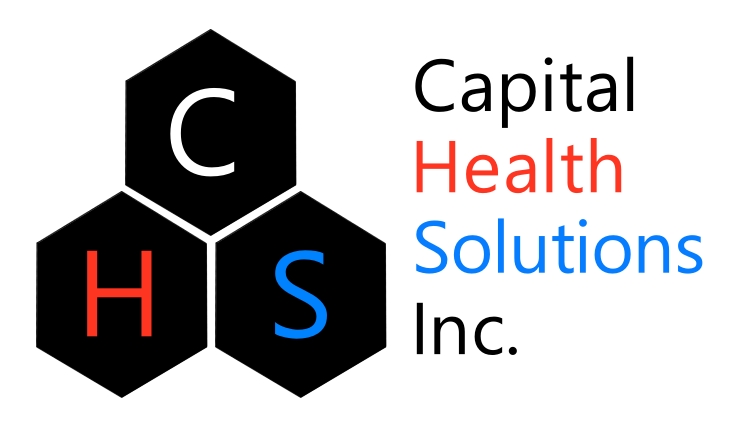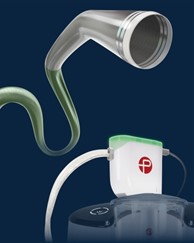
BTG plc highlighted the presentation of the two-year results for the SENTRY Trial at the Vascular Interventional Advances (VIVA) conference in Las Vegas.
The prospective, multicenter trial of the BTG Sentry, the world’s first bioconvertible IVC filter, found that in addition to providing protection against pulmonary embolism (PE) during the transient risk period, the device also had zero instances of tilt, perforation, migration and embolization through two years of imaging-intensive follow-up.
“This long-term data marks a paradigm shift in pulmonary embolism protection and is exactly why we brought the BTG Sentry to market,” said BTG Chief Commercial Officer John Sylvester.
 “The trial shows no device-related pulmonary embolism and zero stability complications,” Sylvester continued. “Physicians can have the peace of mind that they are protecting their patients from the devastating consequences of PE while reducing complications often associated with IVC filter retrieval. This device eliminates the need to retrieve and that truly makes it a next-generation device.”
“The trial shows no device-related pulmonary embolism and zero stability complications,” Sylvester continued. “Physicians can have the peace of mind that they are protecting their patients from the devastating consequences of PE while reducing complications often associated with IVC filter retrieval. This device eliminates the need to retrieve and that truly makes it a next-generation device.”
The findings were presented by principal investigator Michael D. Dake, MD. In the long-term data, 85 patients were followed for 24 months using computed tomography (CT) or CT venography imaging. The rate of freedom from new symptomatic PE through 60 days was 100 percent and there continued to be no cases of device-related new symptomatic PE through 24 months.
There were no instances of filter tilt, migration, embolization, fracture or IVC perforation through 24-months. Two patients developed symptomatic caval thrombosis during the first month; however, neither experienced recurrence after successful interventions and no further instances of symptomatic caval thrombosis occurred at 24 months.
Filter bioconversion was successful for 95.7 percent of patients at six months, 96.4 percent at 12 months, and 96.5 percent at 24 months. No IVC stenosis was reported.
The BTG Sentry Bioconvertible IVC filter is designed to provide protection from PE for the period of transient risk and then bioconvert to leave a patent, unobstructed IVC lumen, obviating the need to retrieve and addressing the typical filter-related complications of conventional IVC filters. U.S. Food and Drug Administration 510(k) clearance for the Sentry device was obtained in 2017.
The SENTRY Trial is a prospective, single-arm, multicenter registry trial. In the study, 129 patients requiring temporary protection against PE were enrolled at 23 sites in the United States, Europe and Chile. The 12-month data was published earlier this year in the Journal of Vascular and Interventional Radiology. VTN
READ MORE: btgplc.com.



